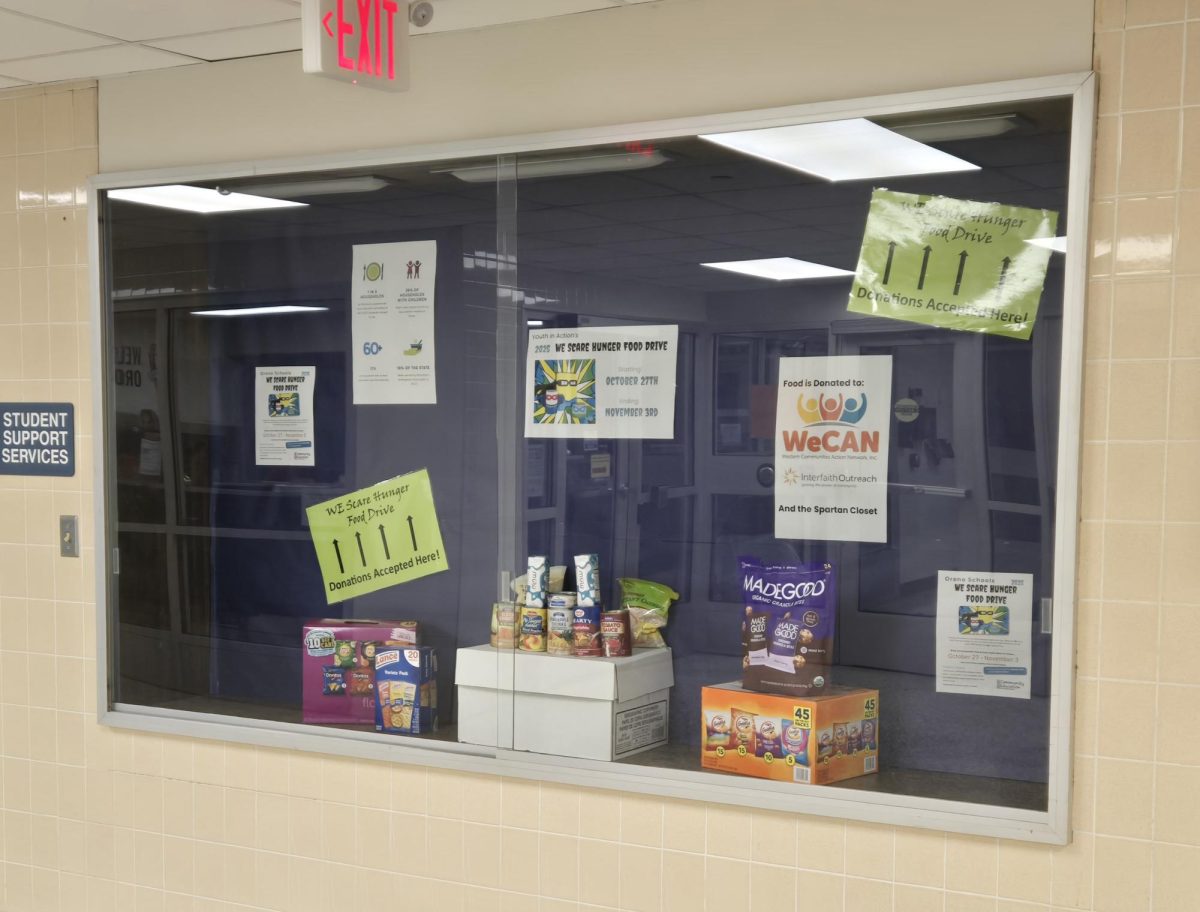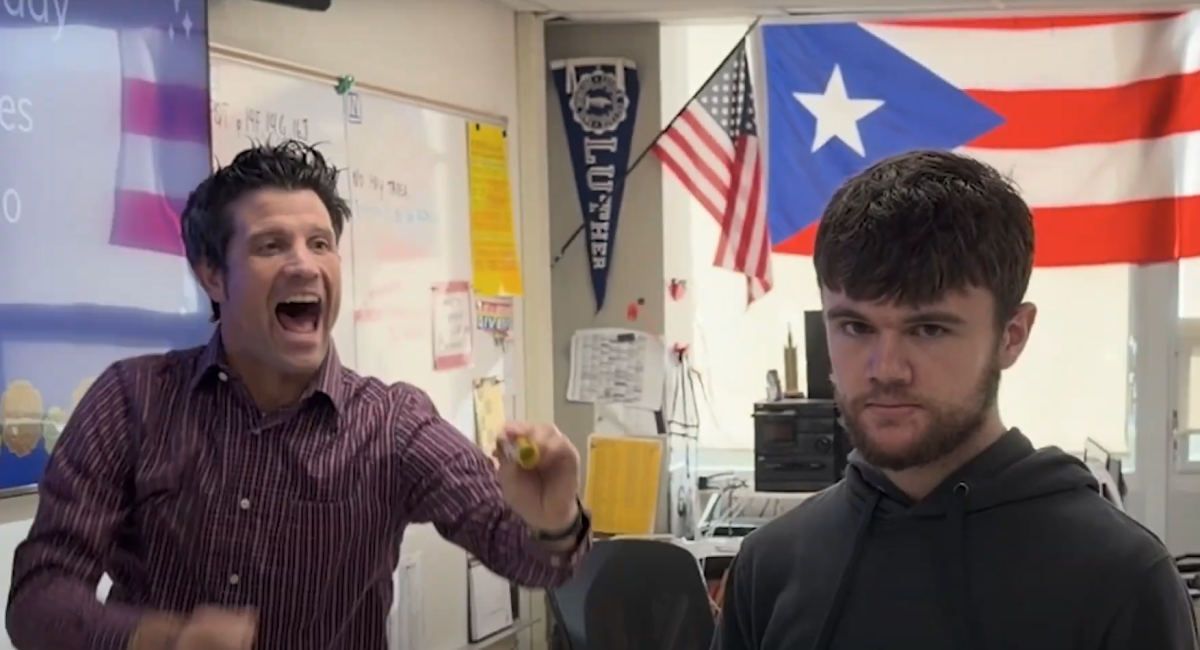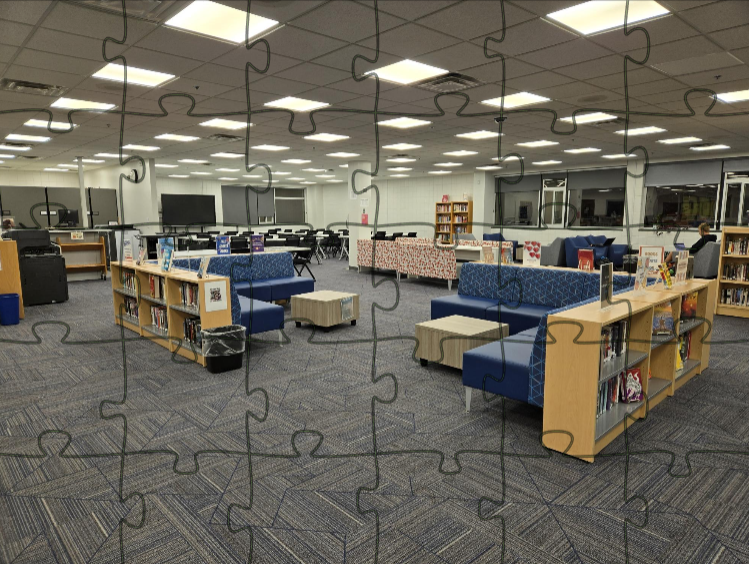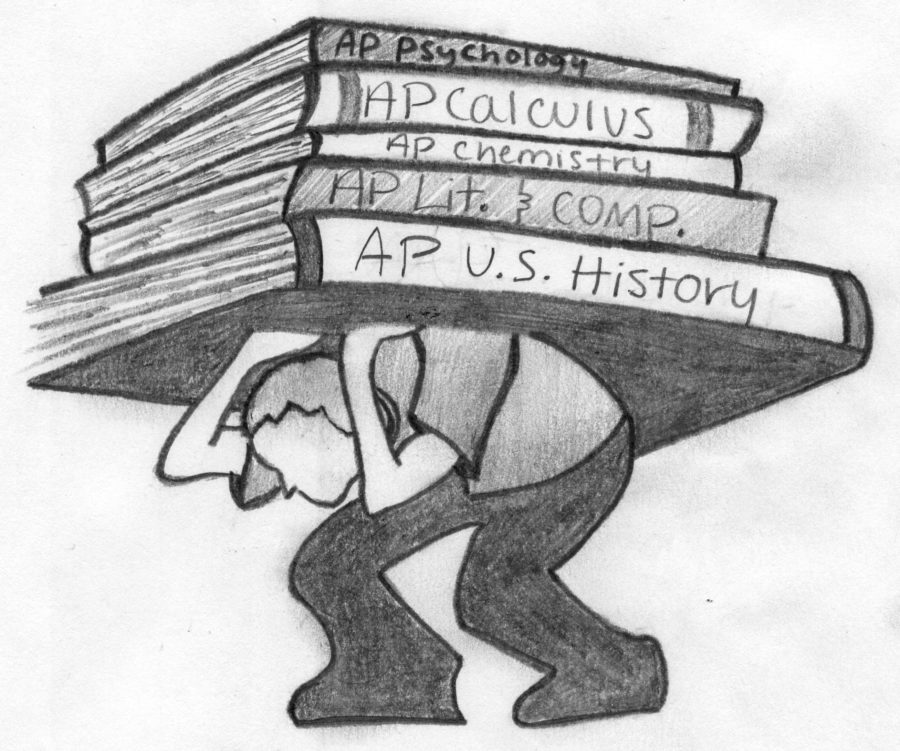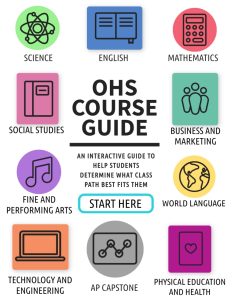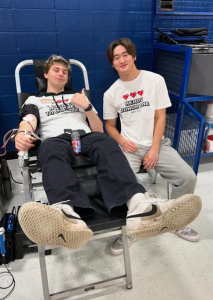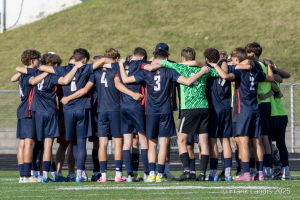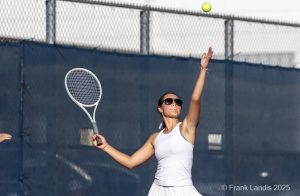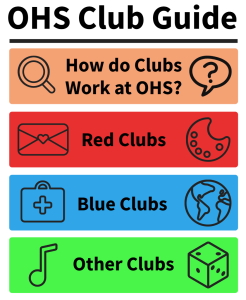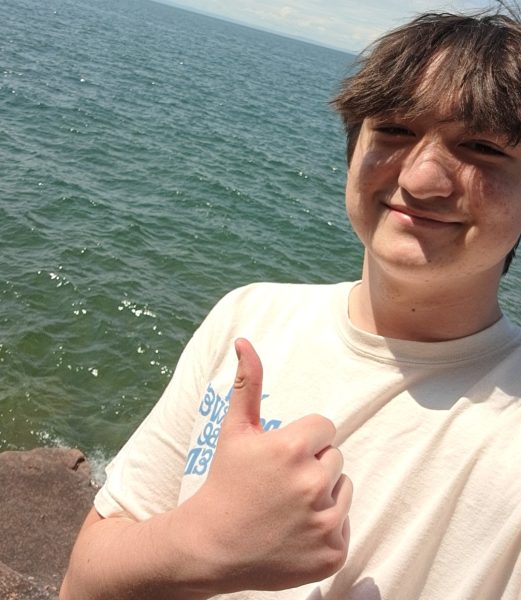Students gain an APpetite for AP
February 12, 2014
With week number two of second semester winding down, students are settling into their new schedules and asking themselves what they have gotten into. Friday, Feb. 14 is the last day for students to drop a class for a study hall.
In Orono, as well as many neighboring communities, students are encouraged – and even pressured – to take a rigorous course load, complete with multiple honors, enriched, or Advanced Placement classes.
Students are told that colleges like to see them push themselves in different subject areas, but what colleges are not stressing enough is that students need to balance themselves. If “Student A” takes two advanced classes, “Student B” may think that they need to take the same amount or more advanced classes in order to keep up. In reality, students in our community take far more advanced classes than in other areas, so it is not necessary.
According to the United States Bureau of Labor Statistics, 3.2 million people graduated high school in 2012, and according to College Board’s 2012 AP Report, nearly 905,000 students took an AP exam. Furthermore, only a little more than half of those students passed their test with a three or higher.
Taking Advanced Placement classes, while impressive on a resume, needs to be something reserved for those who want to challenge themselves and are seriously engaged in one or two classes. Students at Orono are encouraged, as a whole, to take multiple AP or advanced classes per year, which is detrimental to their health.
In 2013, 59 percent of Orono graduates took at least one AP test and passed, and that number is on the rise. In 2014, it is projected that 342 OHS students will take 645 exams.
Orono’s impressive passing rate of 86 percent compared to the state’s 65 percent and the world’s 60 percent in 2013 is something to take pride in, but also something of which to be wary.
With the impressive stats that Orono boasts with Advanced Placement tests, one would expect that an argument should be made for more students to be pushed into AP and advanced classes, but now is when we need to slam on the brakes. Students are being allowed to enroll in more than three AP or advanced classes per year, which needs to be stopped or limited.
With college becoming one of the most expensive descisions that the youth of today face, parents are guilty of insisting that students take too many AP classes in order to gain college credit for free. This sometimes negative push to take more advanced classes can lead to stress and the feeling of being “burnt out” from school.
In “The Psychosocial Functioning of High School Students in Academically Rigorous Programs,” an article by associate professor of educational psychology Dr. Shannon Suldo and associate professor of special education
Dr. Elizabeth Shaughnessy, it is argued that students in academically rigorous programs report “more perceived stress than [those] in general education.”
In a study by Linda Lyons, assistant professor of education at Kennesaw State University, it is found that 64 percent of high school students believe that stress from academically rigorous classes is a “very serious” or “somewhat serious” health risk. Heightened stress leads to depression and substance abuse.
With student stress rising across the nation, we need to teach students to balance the different parts of their lives: extra curricular activities, school, religion, and family life.
When schools aggressively encourage students to take part in more than two or three honors classes, they can expect three more hours of homework in addition to their other two to three hours. This gives students limited time to expand their horizons and become more well-rounded.
Off the record, one Orono teacher commented that students are too stressed and focused on taking a plethora of AP classes. “If you aren’t going to major in math, don’t take three AP math classes; you won’t even use it,” the teacher said.
In the Orono community, we need to encourage our students and children to be well-rounded in all areas, and to leave some time for relaxation. Too many students push themselves too far and spread themselves too thin.
Orono is a community that encourages high-quality education and a large work load, but it is important to remember that those in our education system are children who also need to be taught to balance themselves.

